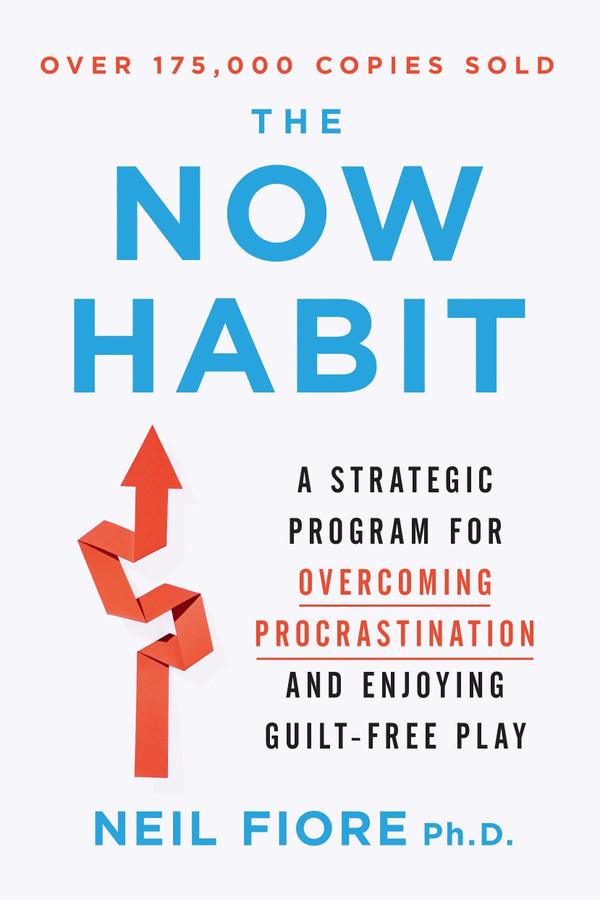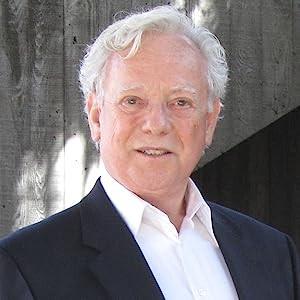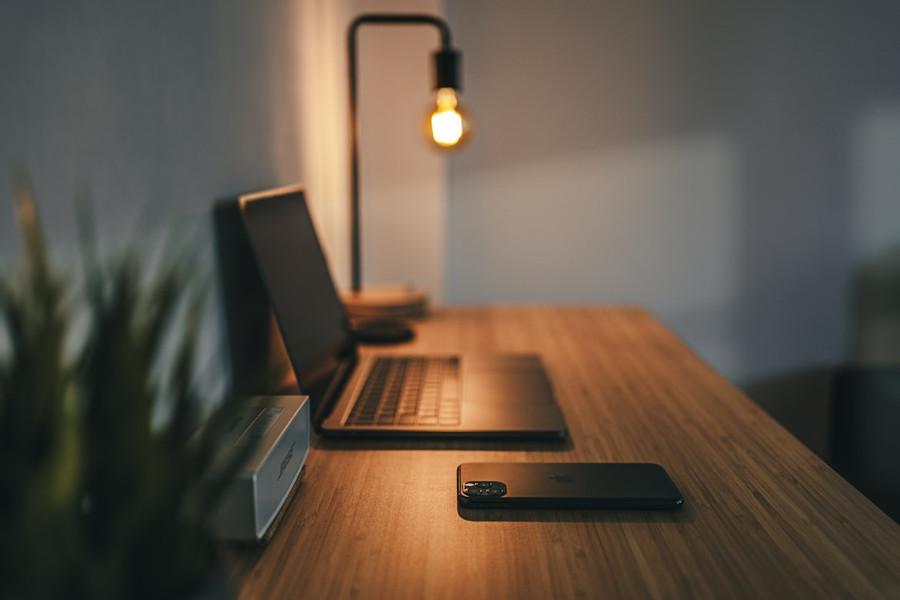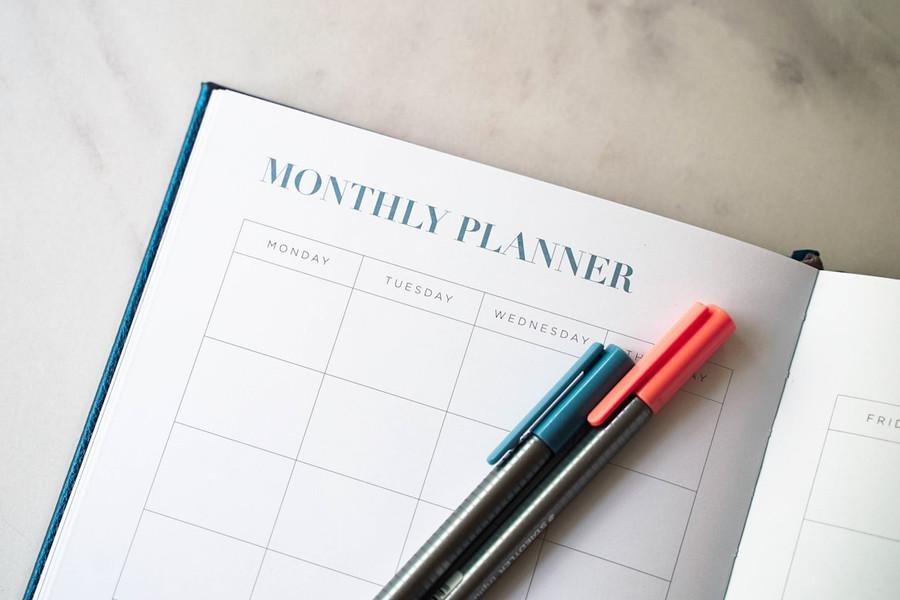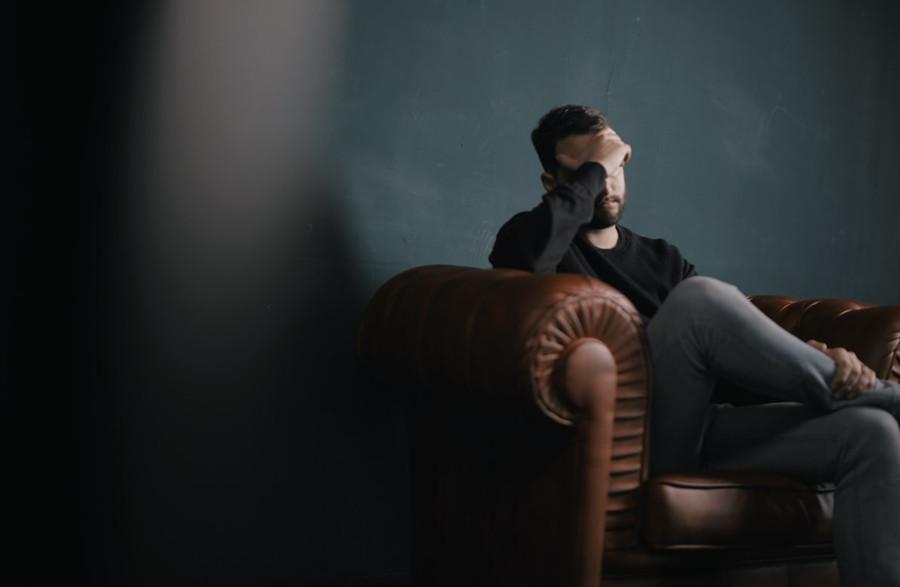Douglas Glass's Key Ideas from The Now Habit
by Neil Fiore
Ideas, facts & insights covering these topics:
12 ideas
·102K reads
412
10
Explore the World's Best Ideas
Join today and uncover 100+ curated journeys from 50+ topics. Unlock access to our mobile app with extensive features.
Procrastination: a learned coping mechanism
Procrastination is a mechanism for coping with the anxiety associated with starting or completing any task or decision.
Certain tasks make us feel anxious. As a strategy for coping with this anxiety, many of us have developed a habit of procrastinating: put off the task and you’ll experience relief of tension and anxiety.
Procrastination isn’t the cause of our problems. It’s simply a learned coping mechanism for dealing with deeper issues, mainly different fears, such as fear of judgment, fear of disapproval, fear of failure, and so on.
1.21K
11.4K reads
No one is an absolute procrastinator
There are always activities that we willingly dive into with enthusiasm.
Habits are learned when an activity is instantly followed by a reward. Procrastination is rewarding because it provides temporary relief from our stress and anxiety. We use procrastination to achieve 3 things:
- Express resentment or resistance toward authorities and our sense of powerlessness.
- Avoid the fear of failure or disappointment, which often comes from perfectionism and self-criticism.
- Avoid our fear of success.
1.08K
10.1K reads
“If early training has caused you to associate work with pain and humiliation, then just approaching an intimidating or unpleasant task can bring on a reliving of criticism, not only from your current boss but from parents, previous bosses, and teachers. Every insecurity bubbles up to your consciousness as you think about working on some project you feel you’re no good at. Pain, resentment, hurt, and fear of failure have become associated with certain kinds of tasks.”
NEIL FIORE
936
8.75K reads
Log your time
The easiest way to procrastinate less and boost productivity is to keep a log of how you spend your time.
So for a few days, simply record exactly how you’re spending every minute of your day. This will alert you to many areas of inefficiency and lost time.
1.17K
8.72K reads
Stages of anxiety and procrastination
- You give a task the power to determine your worth and happiness
- You use perfectionism to raise the stakes of a mistake. You make it seem that any mistake equals death
- You feel frozen with anxiety because your natural threat assessment system produces adrenaline to deal with threats to you
- You use procrastination to escape your dilemma
- Finally, you use a real threat such as a deadline to overcome your fears and start the task.
1.08K
8.07K reads
“In order to maximize your performance in a stressful world, you must create a protected and indisputable sense of worth for yourself. Until you do, energy and concentration will be drained from work and put into preparing for imagined threats to your survival, and into procrastination as a means of coping."
NEIL FIORE
1.01K
7.49K reads
Use worrisome thoughts as action triggers
When you catch yourself worrying, prepare yourself for that danger. Once you know you’re ready for the worst-case scenario, you’ll calm down and be able to get to work.
Consider these questions:
- What is the worst that could happen?
- What would I do if the worst really happened?
- How would I lessen the pain and get on with as much happiness as possible if the worst did occur?
- What alternatives would I have?
- What can I do now to lessen the probability of this dreaded event occurring?
- Is there anything I can do now to increase my chances of achieving my goal?
1.25K
6.5K reads
Guilt-free play
We are more likely to be productive when we can anticipate pleasure and success rather than isolation and anxiety in our work.
To minimize procrastination, structure your rewards such that you will be motivated to start on the task each day.
Enjoying guilt-free play is part of a cycle that will lead you to higher levels of quality, creative work. Schedule for guilt-free play. This will give you a sense of freedom over your life and will allow you to settle more easily into short and focused periods of quality work.
983
6.44K reads
Change how you talk to yourself
The self-talk of procrastinators suggests and reinforces feelings of burden, victimhood, and resistance to authority. Learning to challenge and replace negative internal dialogue helps you free yourself from attitudes that may currently be holding you back.
- Replace ‘I have to’ with 'I choose to.’
- Replace ‘I must finish’ with ‘When can I start?’
- Replace ‘This project is so big and important” with ‘I can take one small step.’
- Replace ‘I must be perfect’ with ‘I can be perfectly human.’
- Replace ‘I don’t have time to play’ with 'I must take time to play.’
1.35K
6.29K reads
The unschedule
It is a time-planning method developed to tackle many procrastination-related problems.
Instead of scheduling the very thing you’re procrastinating on (work), you first schedule fixed commitments (e.g., meals, commute, sleep), self-care activities (e.g., meditation, exercise), and guilt-free play (e.g., socializing, hobbies). In fact, you never even schedule work. It only goes on your schedule once you’ve spent at least 30 minutes of focused, quality time working. And it only happens in-between fixed commitments, self-care activities, and play.
1.07K
6.52K reads
“Working in the flow state or in the zone removes the emotional need to procrastinate and accelerates your progress toward your goals.”
NEIL FIORE
897
7.24K reads
IDEAS CURATED BY
Curious about different takes? Check out our The Now Habit Summary book page to explore multiple unique summaries written by Deepstash users.
Douglas Glass's ideas are part of this journey:
Learn more about productivity with this collection
How to create a productive environment
The importance of self-care in productivity
How to avoid distractions
Related collections
Different Perspectives Curated by Others from The Now Habit
Curious about different takes? Check out our book page to explore multiple unique summaries written by Deepstash curators:
1 idea
Joshua Stehr's Key Ideas from The Now Habit
Neil A. Fiore
Discover Key Ideas from Books on Similar Topics
20 ideas
17 Anti-Procrastination Hacks
Dominic Mann
7 ideas
Influence Without Authority
Allan R. Cohen, David L. Bradford
2 ideas
Therapist as Life Coach: An Introduction for Counselors and Other Helping Professionals (Revised and Expanded)
Patrick Williams, Deborah C. Davis
Read & Learn
20x Faster
without
deepstash
with
deepstash
with
deepstash
Personalized microlearning
—
100+ Learning Journeys
—
Access to 200,000+ ideas
—
Access to the mobile app
—
Unlimited idea saving
—
—
Unlimited history
—
—
Unlimited listening to ideas
—
—
Downloading & offline access
—
—
Supercharge your mind with one idea per day
Enter your email and spend 1 minute every day to learn something new.
I agree to receive email updates
